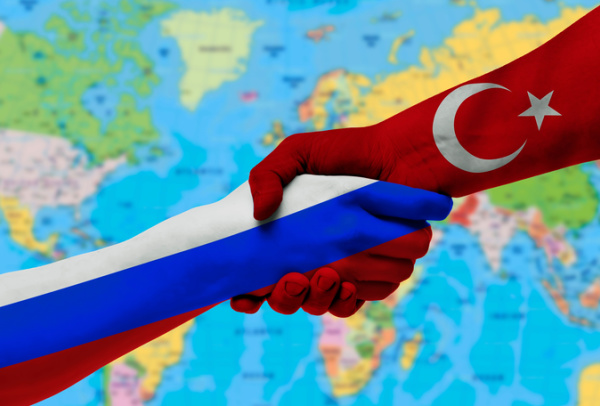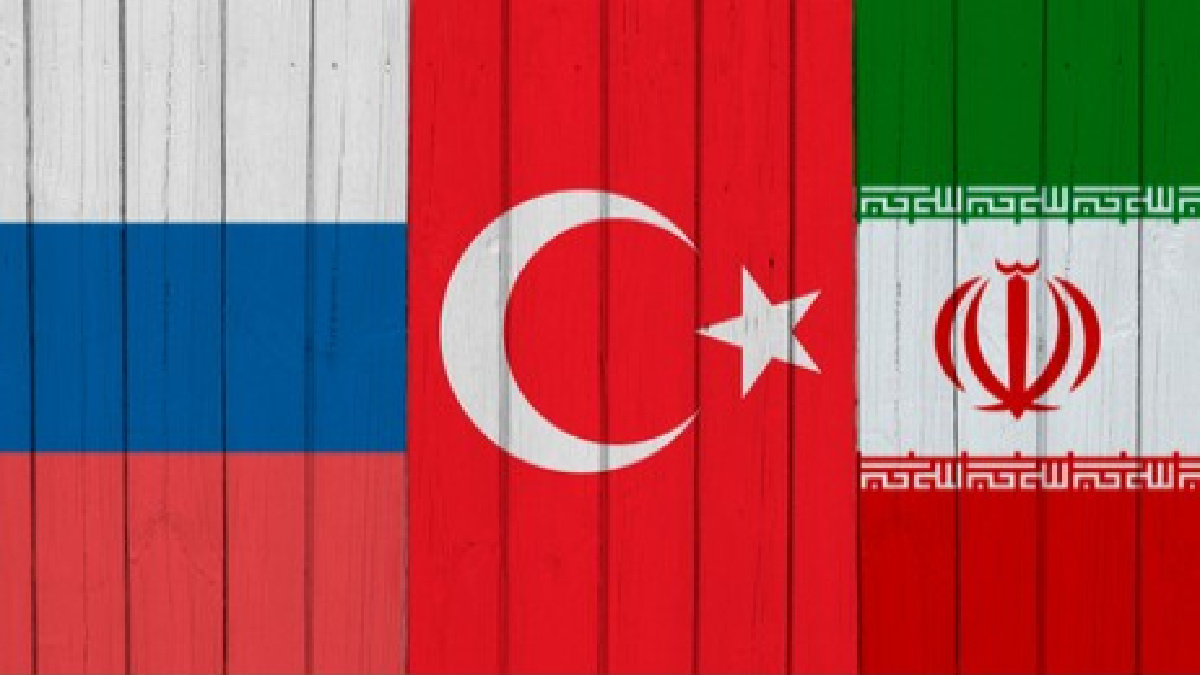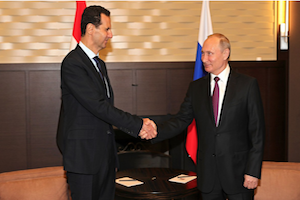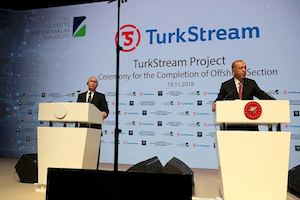Erdoğan Is Not About to Pivot to the West
By Barçın Yinanç
August 17, 2023
It is naïve to expect Turkey to distance itself from Russia. As in the past, Turkish-Russian cooperation will go hand in hand with competition as the two leaders cannot afford to sever their ties. Erdoğan is unlikely to pivot to the West at the expense of turning his back to Putin. He is likely to continue his careful balancing act between Russia and the West. While there are reasons that impel Erdoğan to improve Turkey’s relations with its Western partners, the Turkish president must in fact also make sure to nurture the relationship with Russia. Erdoğan will use the ratification of Sweden’s NATO membership and his ties to Putin as leverage on the EU.

Rejecting Democracy: What Turkey has in common with Russia and Iran
By Hamit Bozarslan
October 3, 2022
The Turkish, Russian and Iranian regimes share strikingly similar traits. They have emerged to form a group of radically nationalist, self-proclaimed “virile” alternatives to liberal democracy. All three “anti-democracies” project themselves as hegemonic powers, but they remain deeply frustrated former empires and their future is uncertain. Unfortunately, the passivity that the Erdoğan regime has succeeded in instilling in Turkish society, like the Putin regime has done in Russia, may prove to be its lasting legacy, ensuring the survival of authoritarian rule.

The Adana Protocol Re-Emerges as Russia and Arab Nations Align Against Turkey's Syrian Intervention
By Micha’el Tanchum
January 24, 2019
The December 19, 2018 announcement of the withdrawal of American forces from northeastern Syria was heralded as Washington's concession to Turkey's President Recep Tayyip Erdoğan, giving him a green light for the eradication of the PKK-affiliated Kurdish forces of the People's Protection Units (YPG). However, Turkey's planned intervention to create a 'safe zone' in northern Syria east of the Euphrates river has been complicated by the recent reconciliation of key Arab nations with the regime of Bashar al-Assad to oppose Turkish ambitions. The Arab alignment with Russia's opposition to Turkey's intervention weakened Erdoğan's bargaining position in his January 23, 2019 meeting in Moscow with Russian President Vladimir Putin and may force Turkey to accept alternative arrangements for the safe zone based on the 1998 Adana Protocol between Ankara and Damascus.

TurkStream: Ankara Embraces Russia to Further Turkey's Hub Ambitions
By Micha’el Tanchum
December 20, 2018
On November 19, 2019, Turkish President Recep Tayyip Erdoğan and Russian President Vladimir Putin held a joint ceremony in Istanbul to mark the completion of the offshore segment of Turkstream, the undersea pipeline that will transport Russian natural gas to Turkey via the Black Sea. Turkstream's now inevitable realization forms a stunning reversal of Turkish energy policy. For more than half a decade, Turkey had focused on reducing its dependency on Russian gas, primarily through the construction of a new pipeline across the length of Turkey to bring gas from Azerbaijan. With Turkey tethered more than ever to Russian gas imports, Moscow appears triumphant. However, Turkey's 'Back to the Future' energy policy belies Ankara's larger strategic gambit to bolster Turkey's international position by becoming a major energy hub.

After Putin Visit, Turkish-Russian Ties Set to Develop Further
By M. K. Kaya (vol. 2, no. 14 of the Turkey Analyst)
As Turkey has become estranged from its Western allies, especially as a result of having being cold-shouldered by the European Union, the country has come to develop closer relations with Russia, a historical rival. During the recent the visit of Russian prime minister Vladimir Putin to Turkey, the two countries signed cooperation protocols in several fields, mostly regarding energy issues. The visit saw progress in advancing regional energy projects that benefit both countries, Turkey obtaining Russian support for its Samsun-Ceyhan oil project and Russia obtaining Turkish agreement for its South Stream gas project. The burgeoning relationship should nevertheless not be seen as an attempt by Ankara to distance itself from the West, but as a Russian move to fill the vacuum left by American and European neglect of Turkey.



